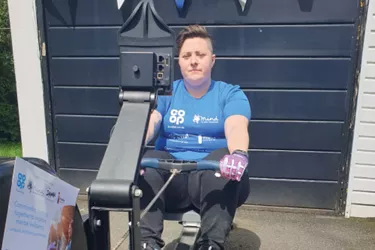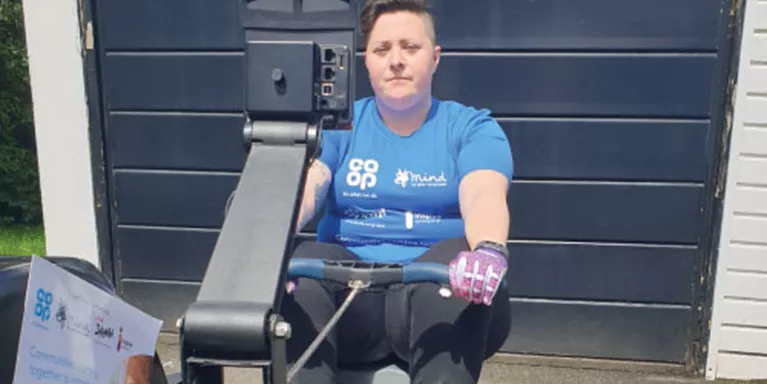Internal conflict of an anxious mind
It was sobering to read Rachel Cooke’s recent article for the Observer positioning anxiety disorders as Britain's 'silent epidemic'.
Not just for its balanced and compassionate take on a sensitive subject, but because it came almost exactly a year on from an experience where it also felt for me as though the game was finally ‘up’.
Refreshingly reasoned in her approach, Rachel exposed the view of anxiety disorders as a modern malaise and avoids any hint of a suggestion that – in a world where shocking physical hardships abound – those experiencing mental health problems would do everyone else a favour by pulling themselves together and getting on with it.
Experience suggests many people would like nothing more than to do just that. But one of the frustrations with anxiety and its close cousin depression is that they often impede such evasive steps and resist attempts to quieten intrusive thoughts. A foggy mind can too easily waste precious time and energy limping round in circles: ruminating, cross-questioning and trying to think its way out of a dark corner. Like running a marathon with a broken leg, it’s a simple recipe for disaster.
In hitting a nerve, the article renewed my efforts to raise funds for Mind ahead of next month’s Royal Parks half marathon. While waiting lists extend, anxiety conditions cry out for timely interventions to alleviate distress. It is why the work of Mind is so important, and why money raised by events like this is so desperately needed to support their efforts.
My own most recent bout of panic attacks was, I think, down to prolonged overwork and stress, changing personal circumstances and an extended period of uncertainty not helped by clouded decision-making. Increasingly aware of a loosening grip on the situation, it became an overriding goal to keep on going and maintain an outward projection of control, although I doubt my efforts were especially convincing to either friends or colleagues.
It didn’t feel so at the time but with hindsight it was a relief to finally grind to a halt and accept that, having temporarily left work and moved back home, things were out in the open and efforts could focus on much needed rest and recovery. Months before, even a simple dinner invitation would trigger hours of turmoil and a sense of impending crisis as irrational fears took hold: fear of ridicule, embarrassment or pity at being ‘found out’.
As a competent manager and presenter at work, it was hard to grasp a situation where sharing a meal out with a close and trusted group of friends had become too much to handle, despite hours trying to talk myself into facing the ‘ordeal’.
Despite growing movements towards a slower approach to living, the modern world isn't likely to get simpler any time soon. More people than ever are turning to exercise, meditation and mindfulness to find their inner calm, but with physical trainers in plentiful supply, there remains a huge demand gap when it comes to mental coaching.
Rachel Cooke’s article suggested anxiety related illness costs the economy £80m a year; one in five Brits rate their anxiety levels at 60% or more; and between 10% and 30% of the population is likely to suffer at any one time to varying degrees.
Altogether, that’s more than 3,000 people for every ten metres covered by the Royal Parks half marathon course next month. Reason enough to pause for thought and dig deep to support the cause by sponsoring me through this great event.


Information and support
When you’re living with a mental health problem, or supporting someone who is, having access to the right information - about a condition, treatment options, or practical issues - is vital. Visit our information pages to find out more.
Share your story with others
Blogs and stories can show that people with mental health problems are cared about, understood and listened to. We can use it to challenge the status quo and change attitudes.

















